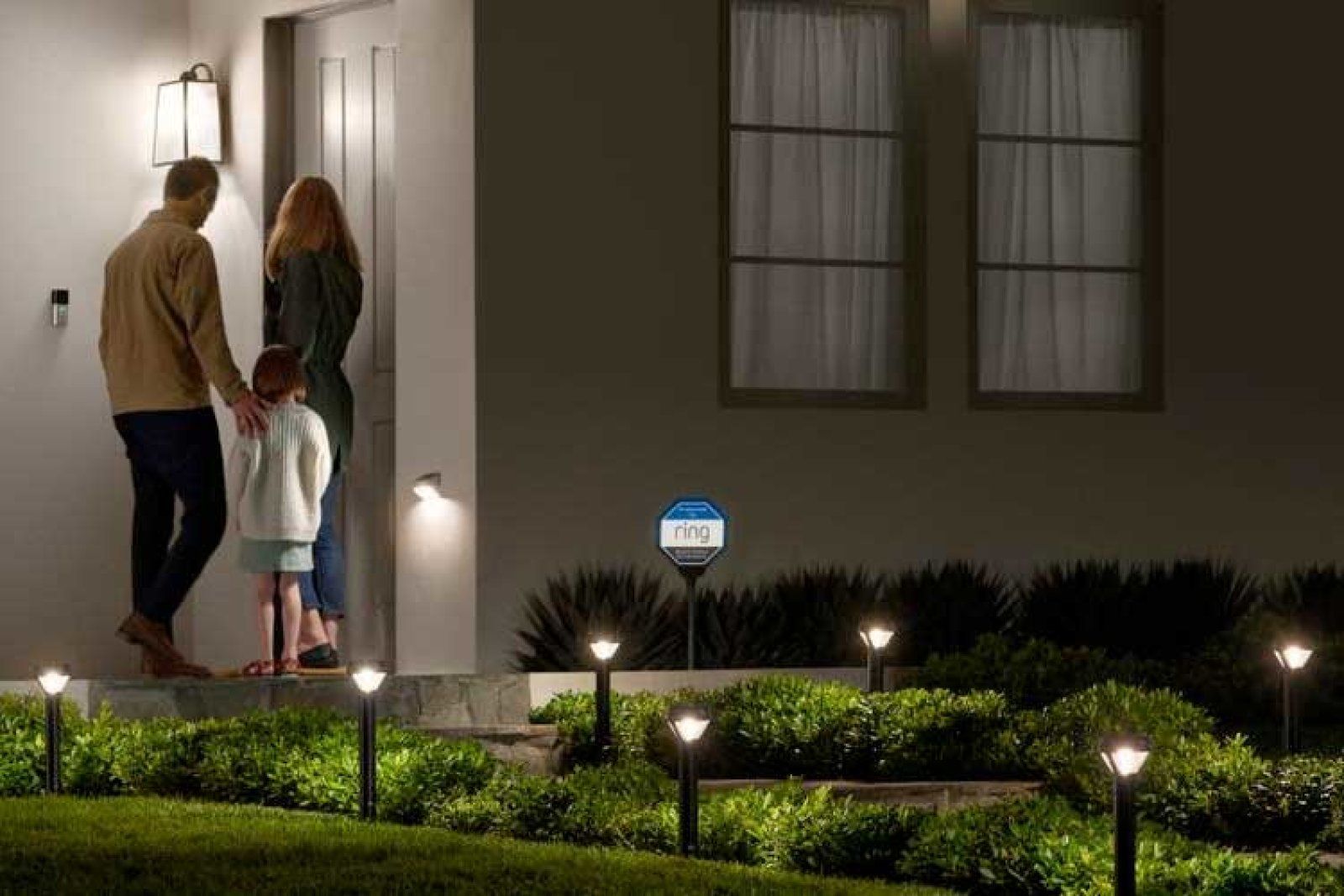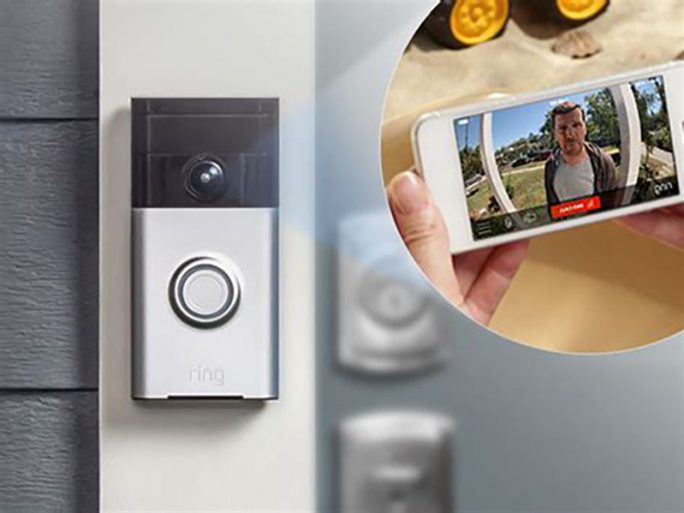Amazon is to allow third party devices to connect to its low-power, long-range IoT network that has spread to over 90 percent of the US population.
The e-commerce giant announced that the controversial Amazon Sidewalk is now open for developer testing, to allow third party devices to connect to its huge network.
Amazon in its first coverage map has revealed just how far its Sidewalk IoT network penetrates the average neighbourhood in the US. The Sidewalk coverage map claims that over 90 percent of the US population can access the now public network (it is limited to the United States only at this time).

Amazon Sidewalk
Amazon Sidewalk is a shared mesh network first announced in 2019, that the firm says helps devices like Amazon Echo devices, Ring Security Cams, outdoor lights, motion sensors, and Tile trackers work better at home and beyond the front door.
It is not a competitor network for traditional 4G/5G cellular or mobile networks, but rather is a mesh network designed to be used on devices that don’t require that much data (i.e smart locks, soil moisture sensors, weather stations, leak sensors, garage door controllers etc).
Essentially it is Amazon’s answer to address rectify connection problems for smart home devices.
Sidewalk was originally designed to help Ring cameras send motion notifications even when they’re offline and allow Level smart locks to connect to the internet.
It also currently works with the Amazon Echo Show 10, Echo, Echo Dot smart speakers, and wired Ring spotlight and floodlight cameras, as well as a small number of commercial grade bridges.
There has been some controversy surrounding the network, not helped by the fact that Amazon Sidewalk only gives American users just one week to opt out of the IoT network.
When this mesh network is enabled, Sidewalk will support other Sidewalk devices in a community, and will simplify the process of setting up new devices, keep them online even if they’re out of range of home Wi-Fi, and extend the range of tracking devices such as dog or package trackers.
This has alarmed privacy activists in the US previously, who were already concerned when police in Jackson, Mississippi in late 2020 requested that Amazon provide access to resident’s smart doorbells.
Third party devices
Now Amazon has announced it is opening Sidewalk to other third-party devices, and is offering free test kits so that can to validate Sidewalk coverage for themselves as they build Sidewalk devices.
“We’ve rapidly built out a long-range, low-bandwidth network that now covers more than 90 percent of the US population, and this is an open invitation for developers to put it to the test,” said Dave Limp, senior vice president of Amazon Devices & Services.
“Many types of connected devices have been limited by the range of Wi-Fi and the cost of cellular technology, which has hindered the ability to connect devices like environmental sensors, leak detectors, and smart locks,” said Limp.
“Sidewalk is designed to provide a secure, low-cost way to invent and connect a whole new range of devices, and we can’t wait to see what developers build.”
New tools and features available to developers include:
- Software Development Kits (SDKs): Distributed by Nordic Semiconductor, Silicon Labs, Texas Instruments, and module vendor Quectel, these SDKs support Sidewalk technology and enable developers to build their Sidewalk applications while also integrating with existing silicon provider toolkits. This simplifies development for new Sidewalk designs and allows easy migration to Sidewalk for existing designs.
- Hardware Development Kits (HDKs) and Connectivity Module: To support their SDKs for Sidewalk, Nordic Semiconductor, Silicon Labs, and Texas Instruments each offer HDKs for developers to tinker, prototype, and design their applications on reference hardware. Additionally, Quectel offers a Sidewalk connectivity module, designed to help developers productize their Sidewalk-enabled devices and decrease their time-to-market.
- Mobile SDK and Tools App: Delivered by Amazon via GitHub, the Mobile SDK for iOS and Android devices is designed to speed up the integration of Sidewalk technology into developers’ mobile apps. Amazon also offers a Tools App for developers to debug and troubleshoot designs in the field.
AWS IoT Core integration with Sidewalk meanwhile makes it easy for developers to access the AWS services and resources needed to connect Sidewalk-enabled devices to the cloud.





